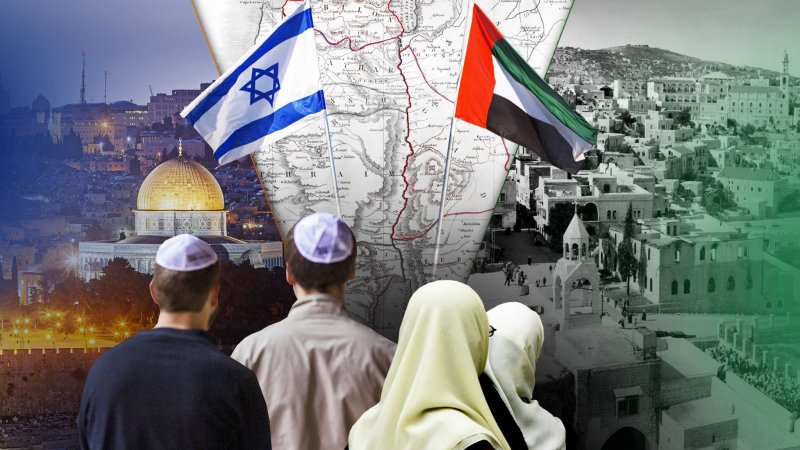The Israel–Palestine conflict entered another turbulent week, marked by Israeli airstrikes abroad, heavy bombardment in Gaza, heated diplomatic exchanges, and growing international concern over the humanitarian crisis.
The week began with a shock on September 9, when Israel carried out an airstrike in Doha, Qatar, targeting senior Hamas leaders involved in ceasefire discussions. Six people were killed, including the son of a Hamas figure and a Qatari security officer. Qatar condemned the strike as a “violation of sovereignty” and accused Israel of undermining mediation efforts. The attack drew sharp criticism from Gulf states and triggered an emergency meeting of Arab and Islamic foreign ministers to coordinate a response.
Amid rising tensions, the United States reaffirmed its support for Israel. On September 11, U.S. Secretary of State Marco Rubio arrived in Jerusalem, where he held talks with Israeli leaders on security and hostage issues. Rubio’s visit was highly symbolic, featuring stops at religious sites, but also controversial given the backdrop of escalating violence and diplomatic fallout from the Qatar strike.
At the United Nations, momentum shifted toward renewed calls for peace. On September 12, the UN General Assembly overwhelmingly passed a resolution backing a two-state solution, urging international recognition of a Palestinian state and steps toward stabilization. While the resolution was non-binding, it underscored global frustration with the prolonged conflict. Israel firmly rejected the measure, calling it unrealistic under current security conditions.
Meanwhile, on the ground, conditions in Gaza deteriorated rapidly. Over the weekend of September 13–14, Israel intensified its bombing campaign in Gaza City, destroying dozens of residential buildings. Thousands of Palestinians fled as shelters and schools were struck, worsening the humanitarian emergency. Aid agencies warned that food, water, and medical supplies were running dangerously low, with relief operations increasingly hampered by ongoing air raids.
The crisis deepened further on September 15, when former Israeli military chief Herzi Halevi confirmed that more than 200,000 Palestinians have been killed or injured since the outbreak of the war. He acknowledged that legal constraints were often ignored during operations, remarks that fueled widespread criticism from human rights organizations and added to global scrutiny of Israel’s military tactics.
This past week highlighted the deadly cycle of escalation: Israeli strikes expanding beyond Gaza, international diplomacy straining under the pressure of war, and civilians bearing the heaviest burden. With calls for a political settlement growing louder and the humanitarian toll mounting, the conflict shows no sign of easing.

